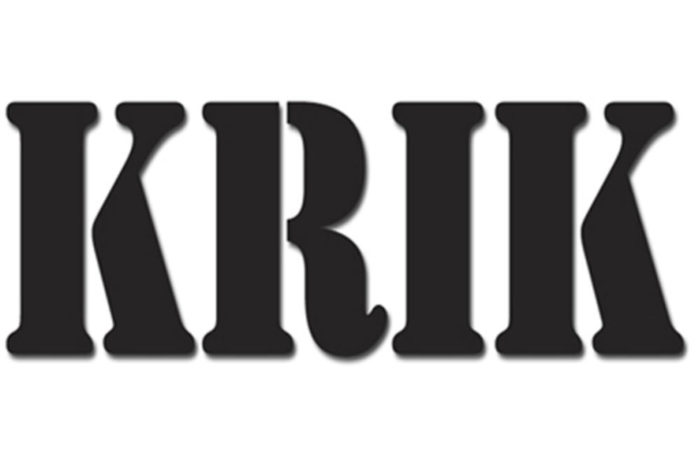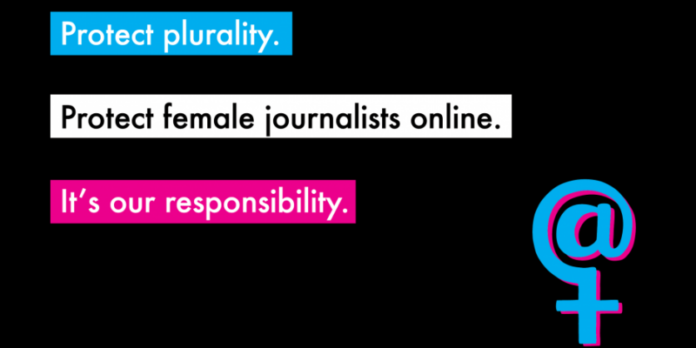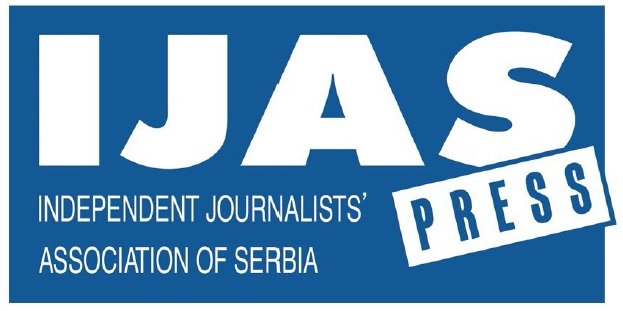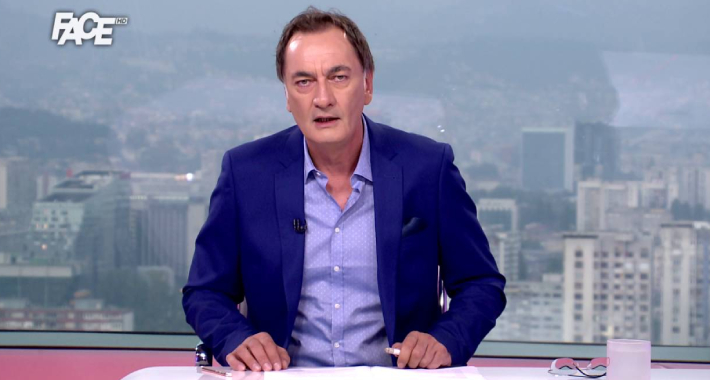Serbian investigative media outlet fined in SLAPP lawsuit for publishing news about trial of crime gang, quoting defendant’s claim that group had ties to Interior Minister.
A court in Serbia headed by Judge Natasa Petricevic Milisavljevic fined investigative media outlet KRIK for publishing news from the trial of the criminal group, “Jotka’s group”, mentioning Bratislav Gasic, Serbia’s new Interior Minister and former chief of the Security Information Agency, BIA.
Gasic brought a SLAPP lawsuit for defamation in May 2021. The reasons why the judge condemned KRIK are not yet known, nor the amount of the fine, since the verdict has not yet been published, KRIK said on its website.
Gasic had demanded half a million dinars from KRIK for injuring his honour and reputation after it published a report in April on the trial of Jotka group boss Zoran Jotic “Jotka”.
KRIK reported on what was happening in the courtroom and quoted released wiretapped conversations in which one of the defendants said Jotic did not have to worry about his safety because “Gasic is with him on the cauldron” – an expression that in criminal circles means that one person receives money from another.
KRIK editor Stevan Dojinovic called the verdict a dangerous precedent, asking whether journalists in Serbia are allowed to continue reporting from courtrooms.
“We reported exactly what happened in the courtroom and that was never questioned during this litigation. There is no justifiable reason for us to be condemned since we called Gasic [for a statement] and we even postponed the publication of the news until the next day to give him enough time to respond,” Dojcinovic said.
The president of the Independent Journalists’ Association of Serbia, NUNS, Zeljko Bodrozic, told KRIK website that this may be the beginning of even greater pressure on Serbia’s independent media.
“This verdict shows that the government has largely taken over the courts as well. This may be just the beginning of an open trampling of the remaining free media,” he said.
Gasic was recently appointed interior minister after previously heading Serbia’s Security Information Agency, BIA, since 2017. He is known as a close associates of President Aleksandar Vucic.
His lawsuit is one of 11 so-called SLAPP lawsuits against KRIK in the last two years. SLAPP lawsuits are those whose goal is to intimidate journalists and prevent them from performing their work and reporting on certain topics of public interest.










